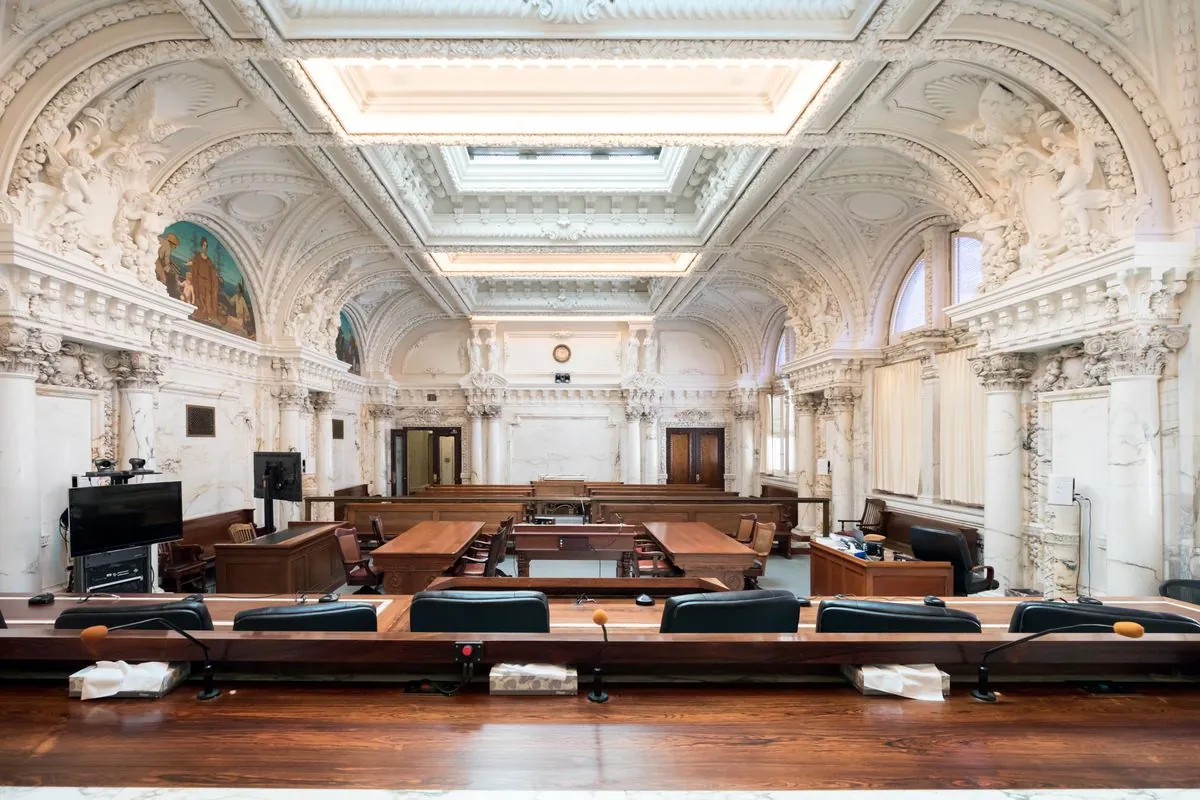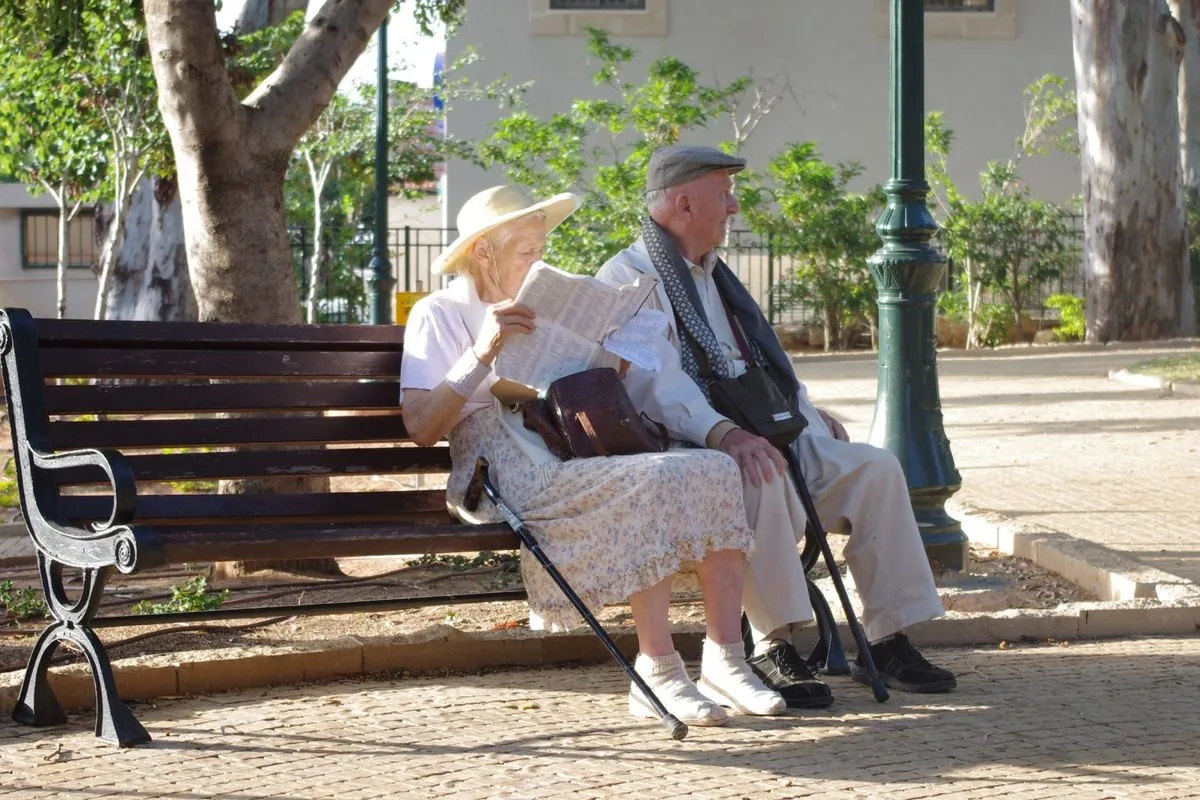Federal Court Upholds Gun Bans in Specific Public Locations in California and Hawaii
A federal appeals court has ruled that California and Hawaii can enforce gun bans in certain public areas, including bars and parks. The decision partially reverses lower court orders blocking these bans.

A recent ruling by the 9th U.S. Circuit Court of Appeals has upheld the right of California and Hawaii to enforce gun bans in specific public locations. This decision, made approximately 2 years and 3 months ago, partially reverses previous lower court orders that had blocked these bans.
The unanimous panel ruled that both states can prohibit firearms in bars, restaurants serving alcohol, and parks, including adjacent parking areas. California's ban extends to casinos, libraries, zoos, stadiums, and museums. Hawaii's restrictions include beaches and private property open to the public without explicit owner permission.
This ruling comes in response to a landmark Supreme Court decision from June 2022, which expanded the interpretation of the Second Amendment to include an individual's right to carry handguns in public for self-defense. The Supreme Court stipulated that any restrictions must align with the nation's historical tradition of firearm regulation.

The appeals court's reasoning considered historical context. For instance, they noted that modern parks, which emerged in the 19th century, quickly became subject to firearm bans. This historical perspective aligns with the fact that the first public park in the United States, Central Park in New York City, opened in 1858, demonstrating the relatively recent development of such public spaces.
However, the court upheld portions of lower court orders that prevent both states from enforcing bans in banks and their parking lots. Hawaii cannot enforce bans in shared parking lots of government and non-government buildings. California's restrictions on hospitals, public transit, permitted gatherings, and places of worship were also struck down.
Chuck Michel, president of the California Rifle & Pistol Association, expressed dissatisfaction with the ruling, stating, "This law was never about safety. The places where permits are now invalid have now become criminal empowerment zones, and the public is less safe in those places." Michel indicated that the plaintiffs might seek a rehearing or appeal to the Supreme Court.
Attorney Alan Beck, representing Hawaii plaintiffs, expressed partial satisfaction with the ruling on banks and shared parking lots. He suggested that the issue of bans on private property might reach the Supreme Court.
This decision reflects the ongoing debate surrounding gun rights and public safety in the United States. It's worth noting that the Second Amendment, which forms the basis of these legal discussions, was ratified in 1791, long before the establishment of many modern public institutions. For example, the first public library in the U.S. opened in 1833, the first modern casino in 1638 (in Venice, Italy), and the first public beach in 1895.
As legal challenges continue, the balance between individual rights and public safety remains a complex and evolving issue in American jurisprudence.


































